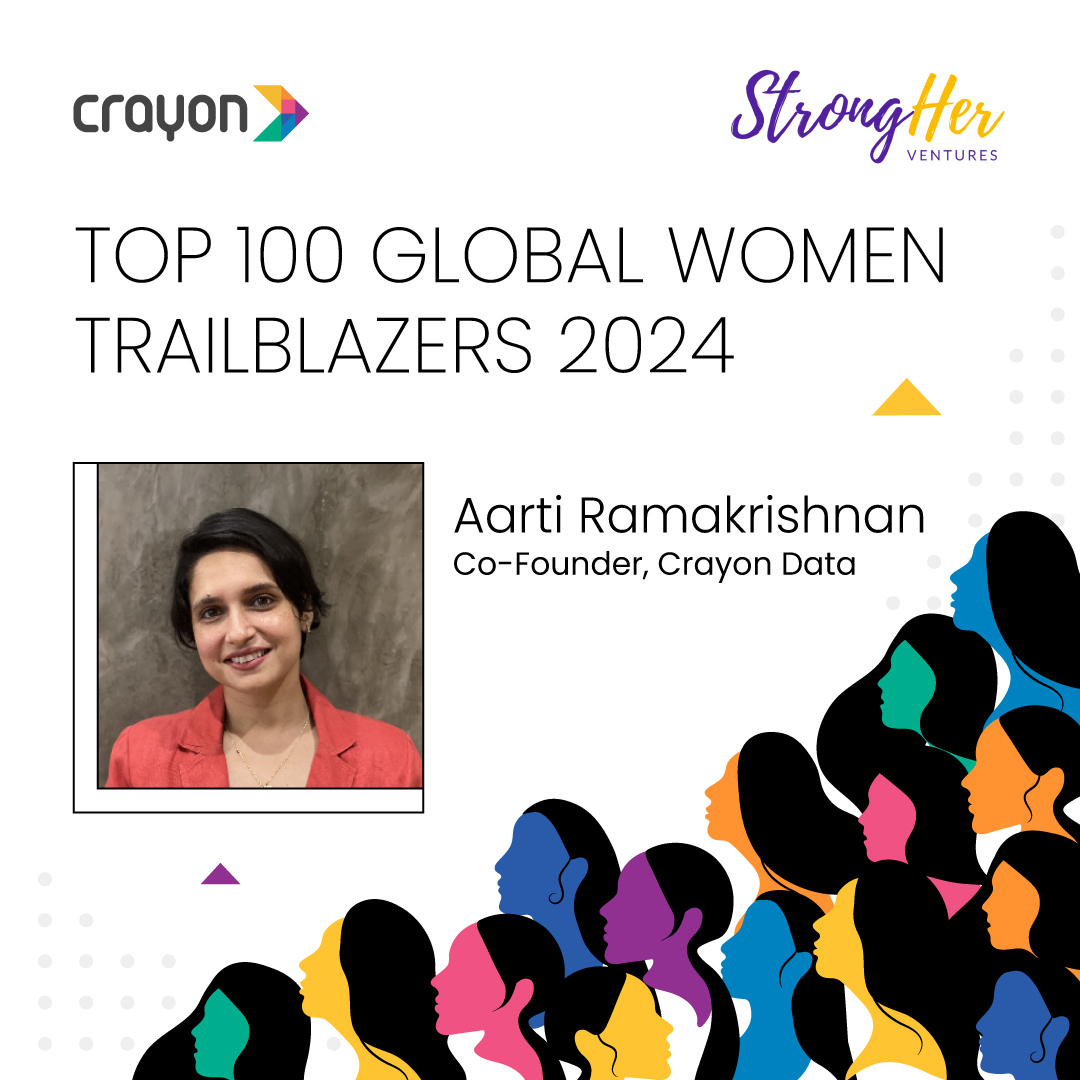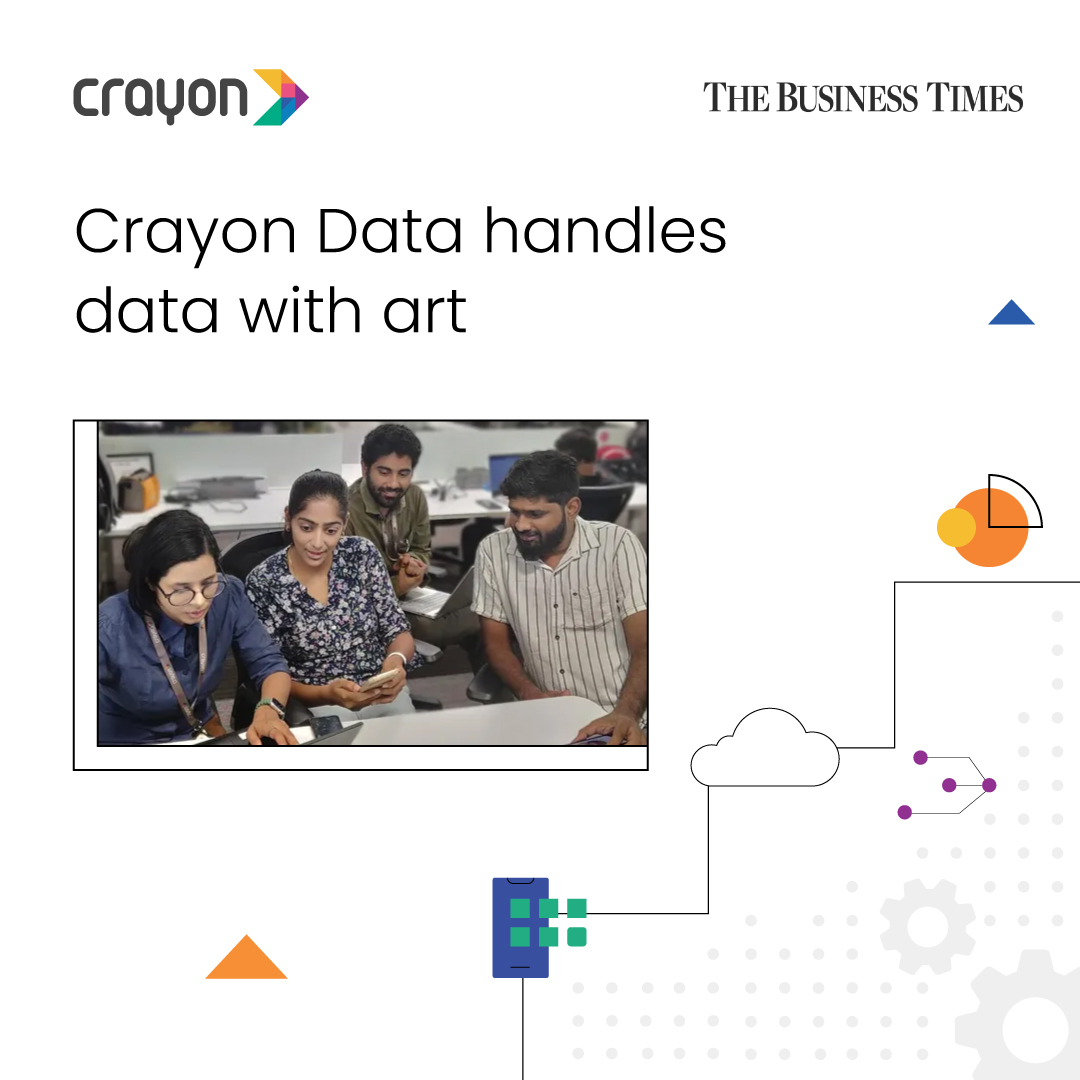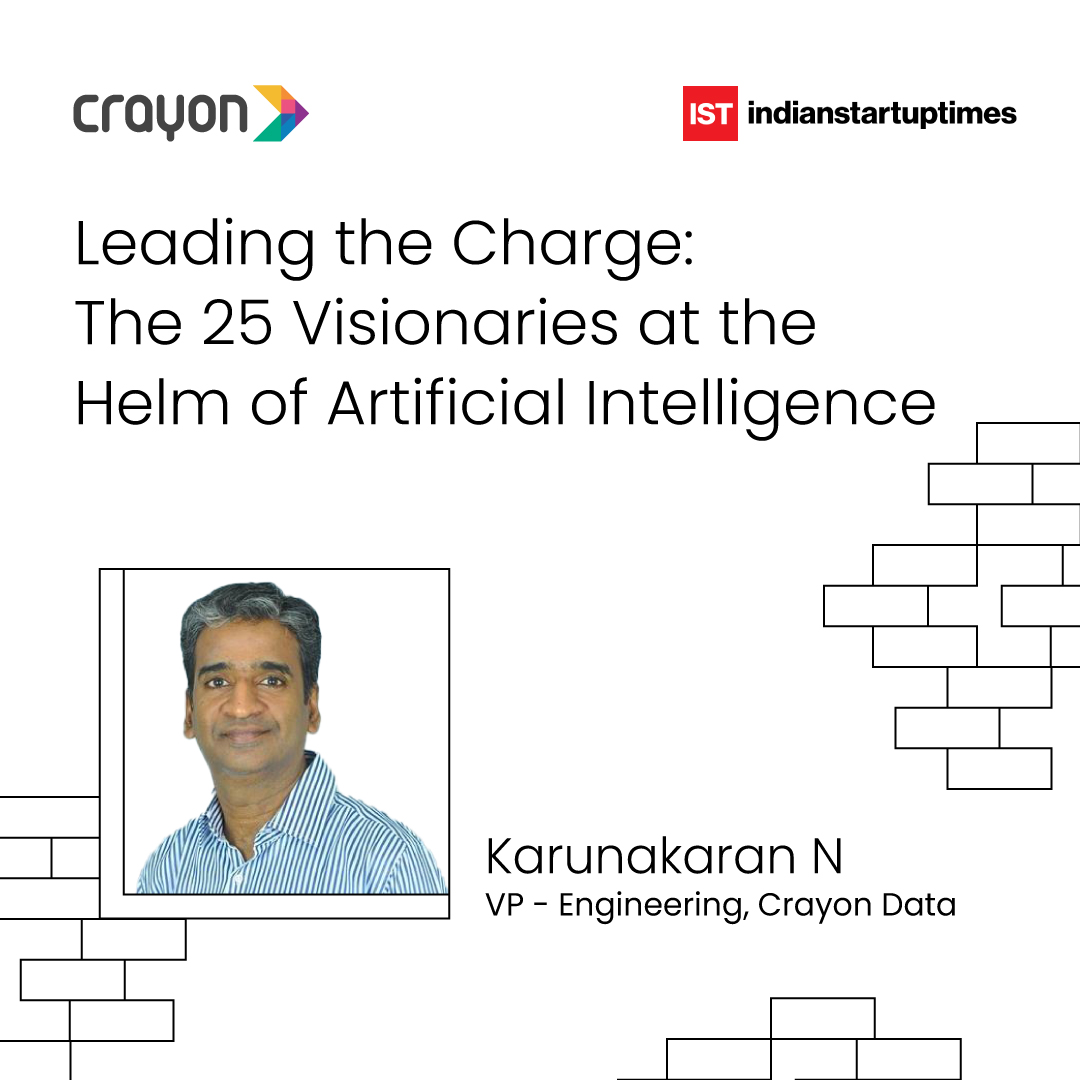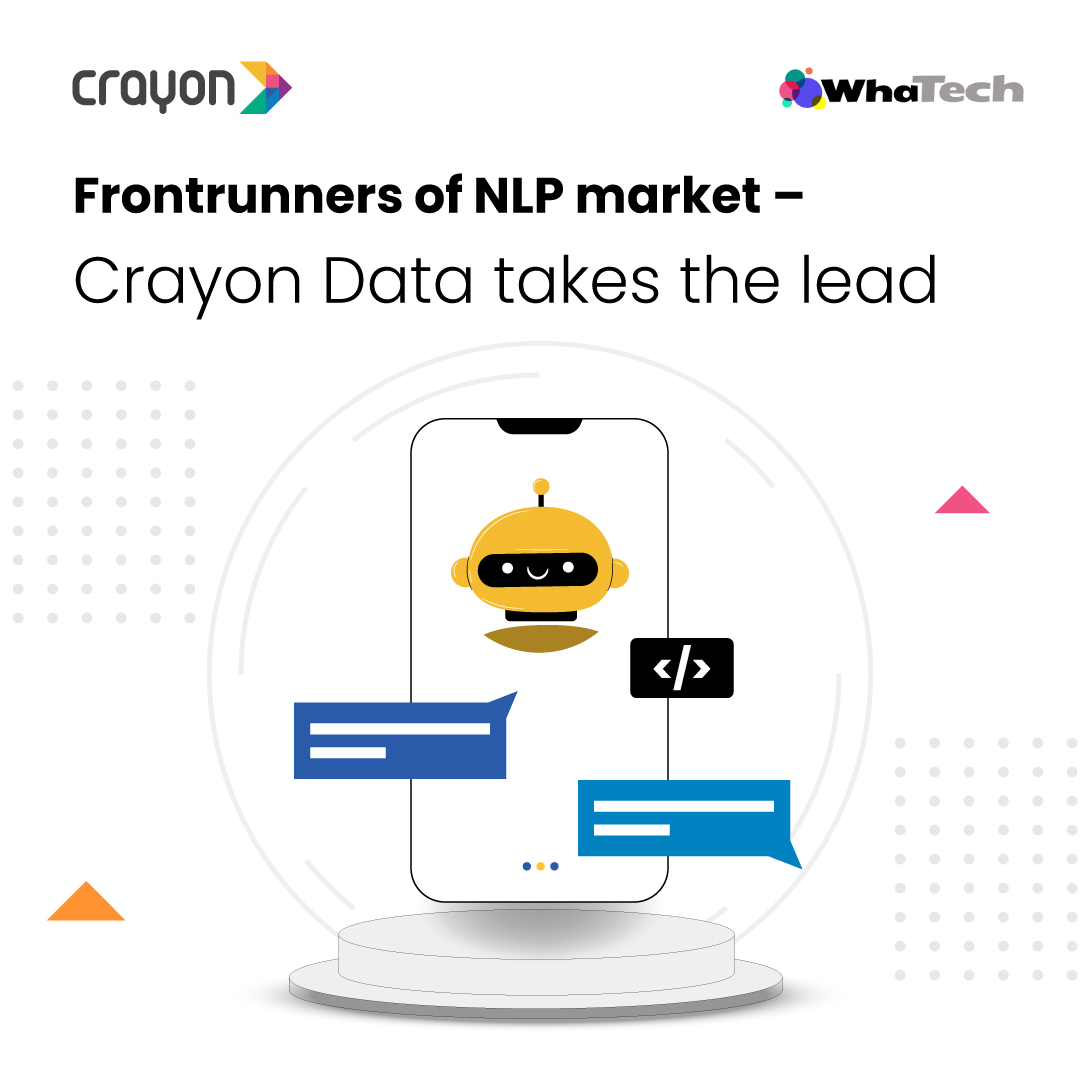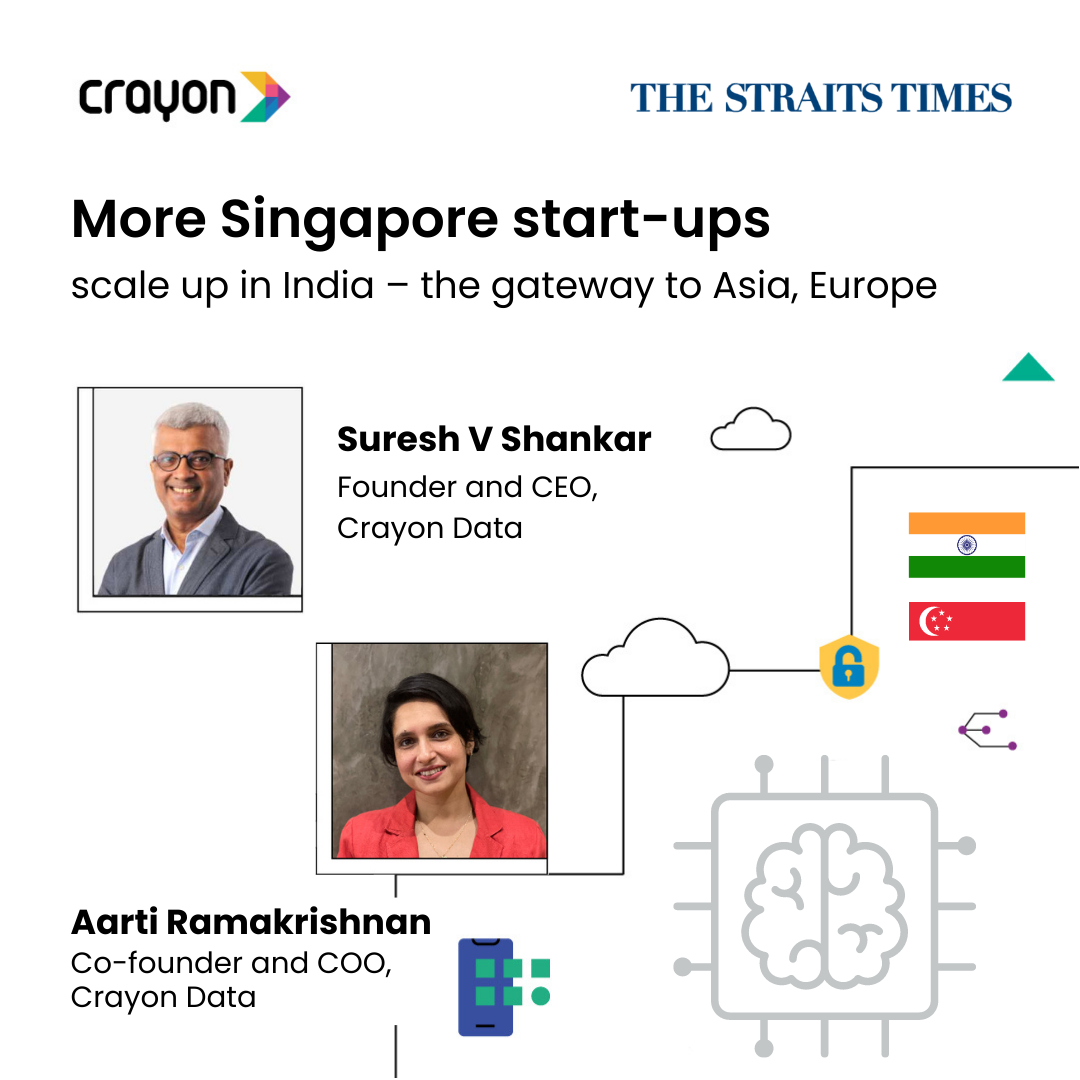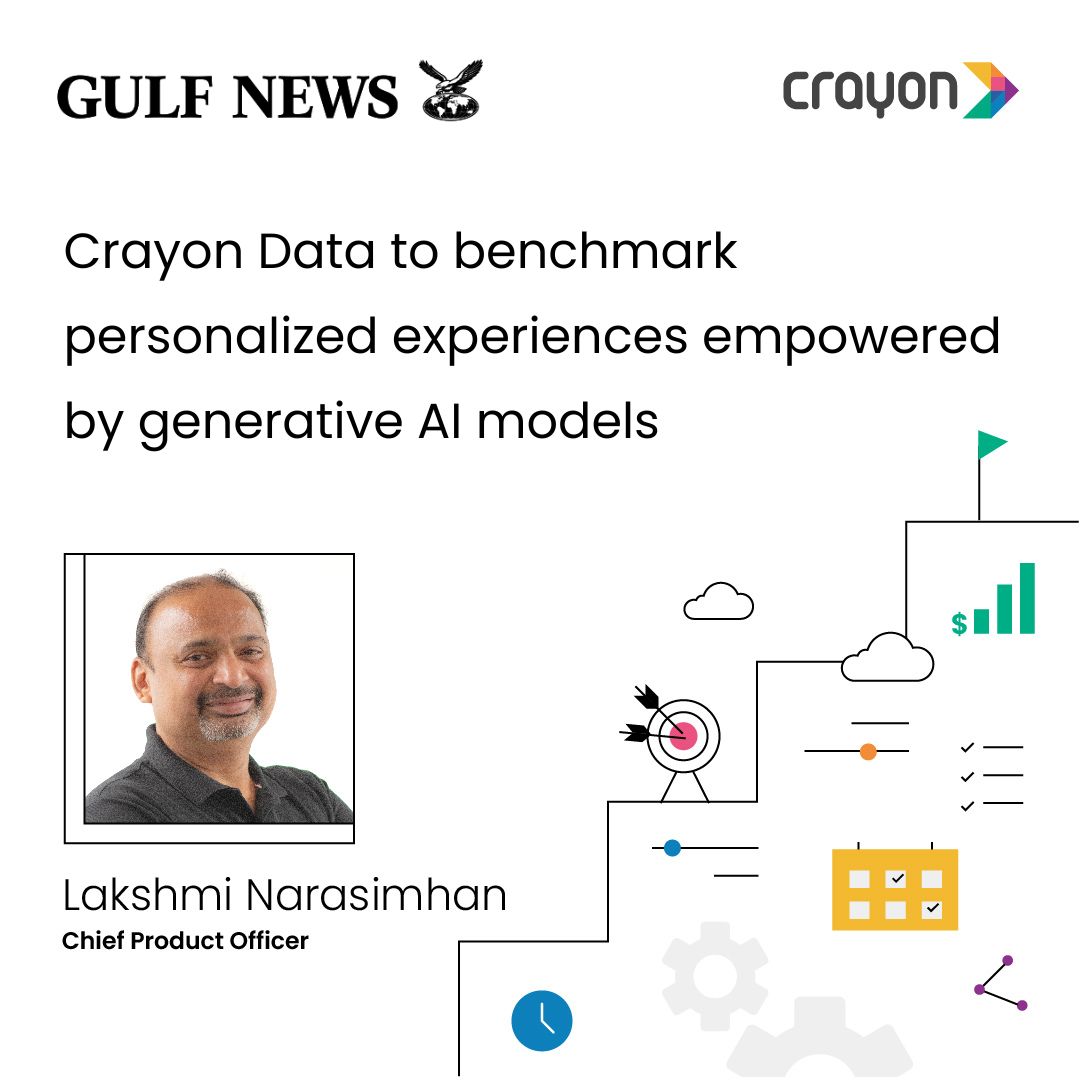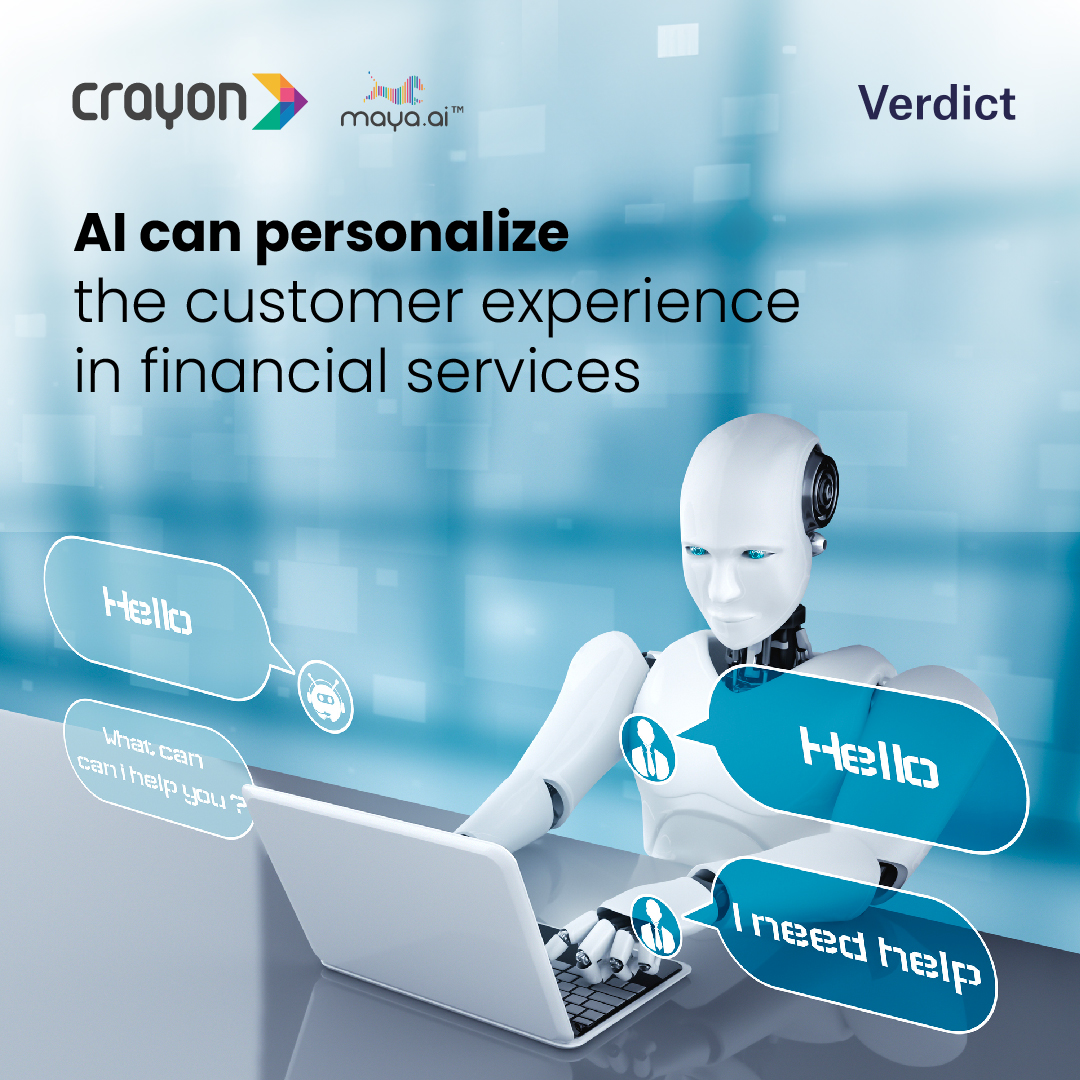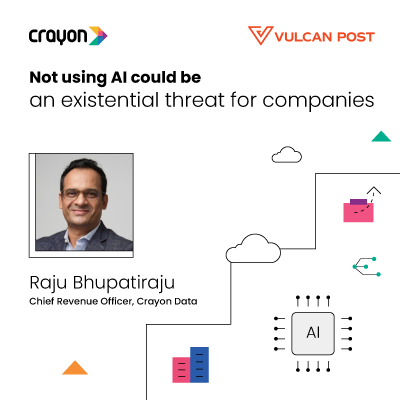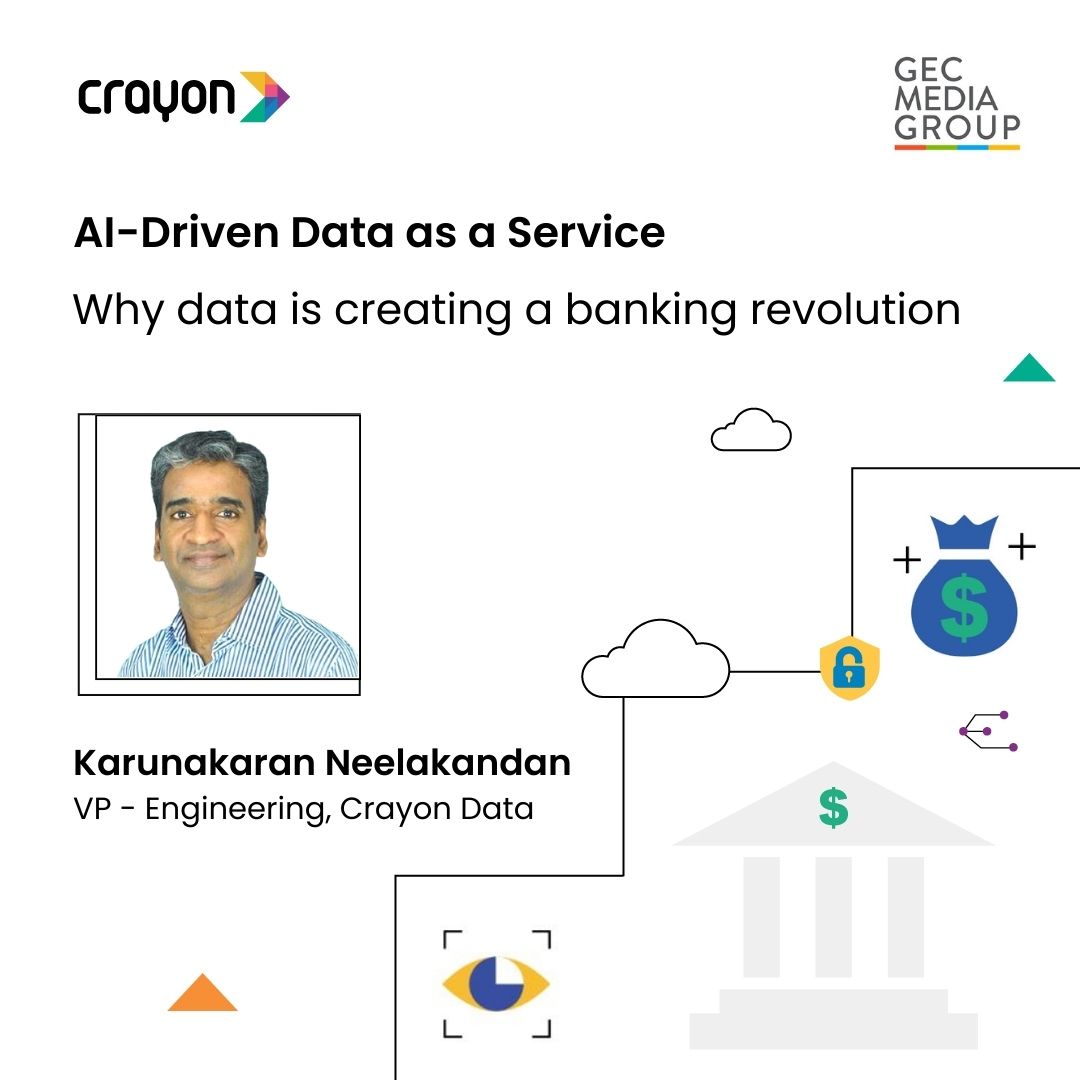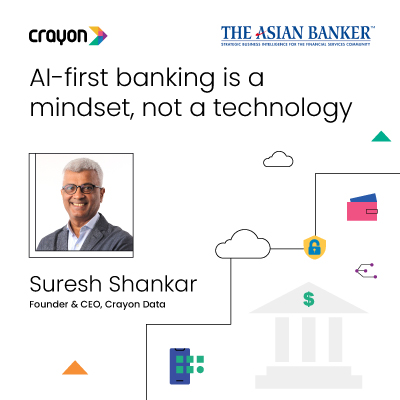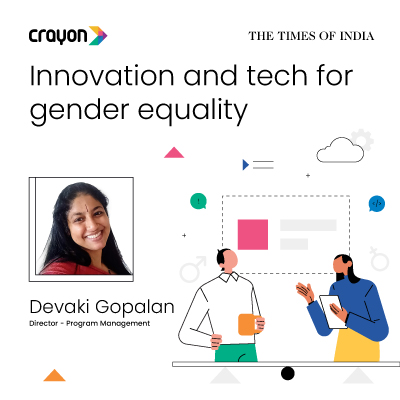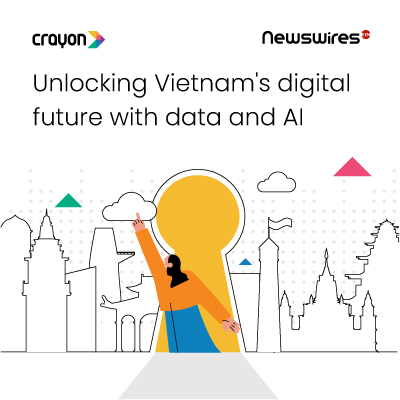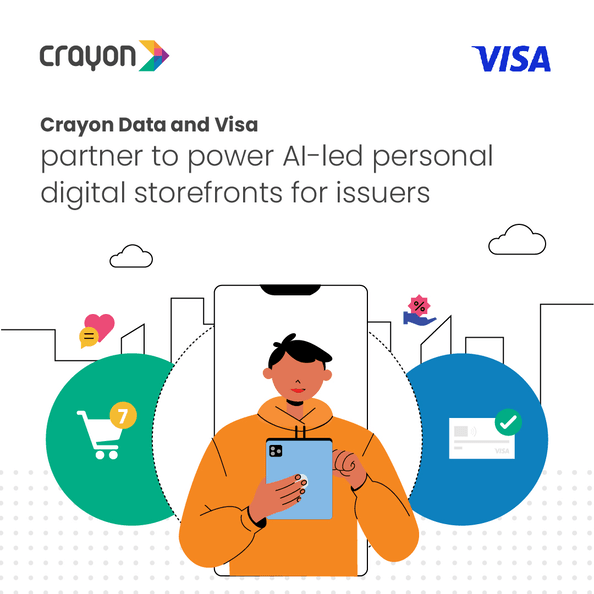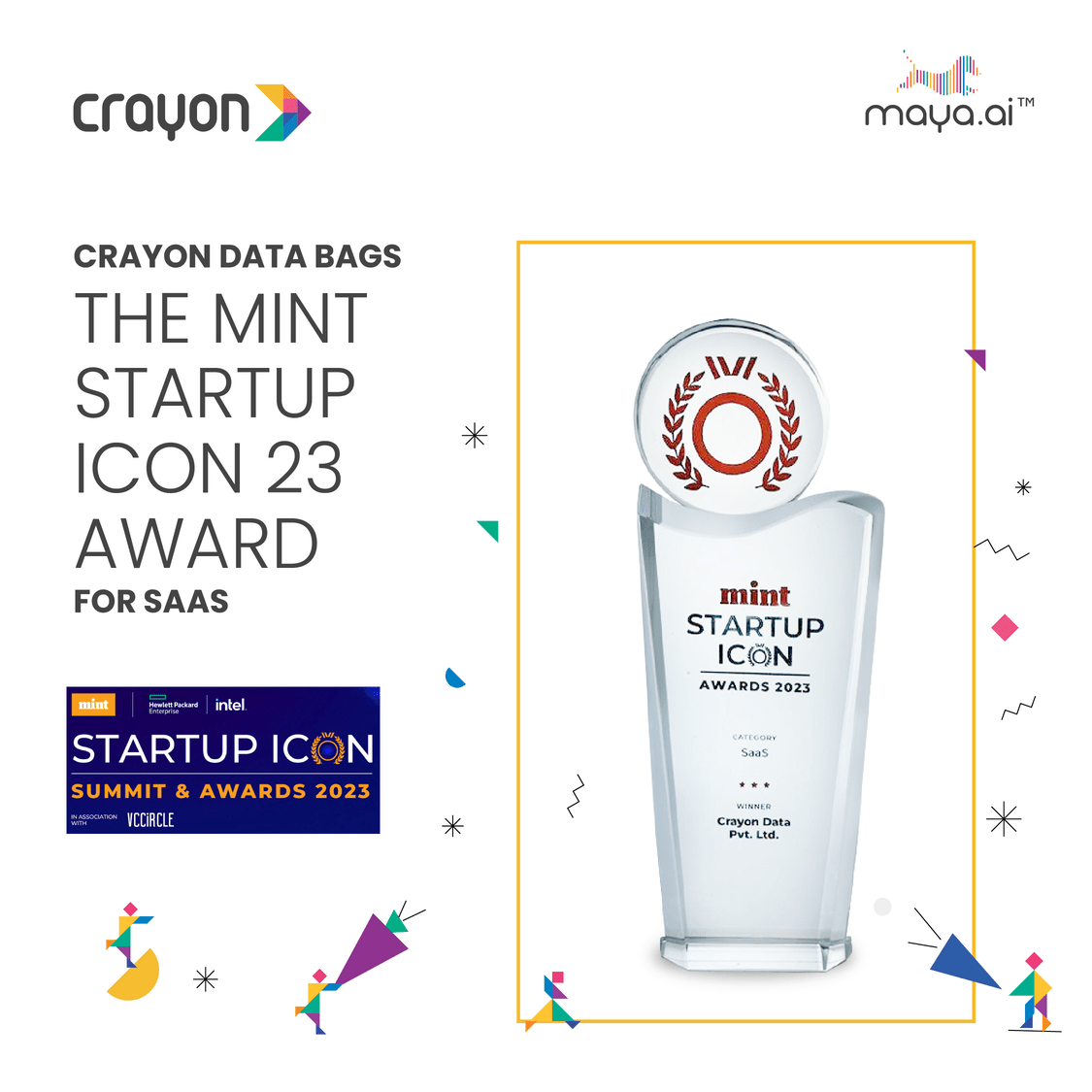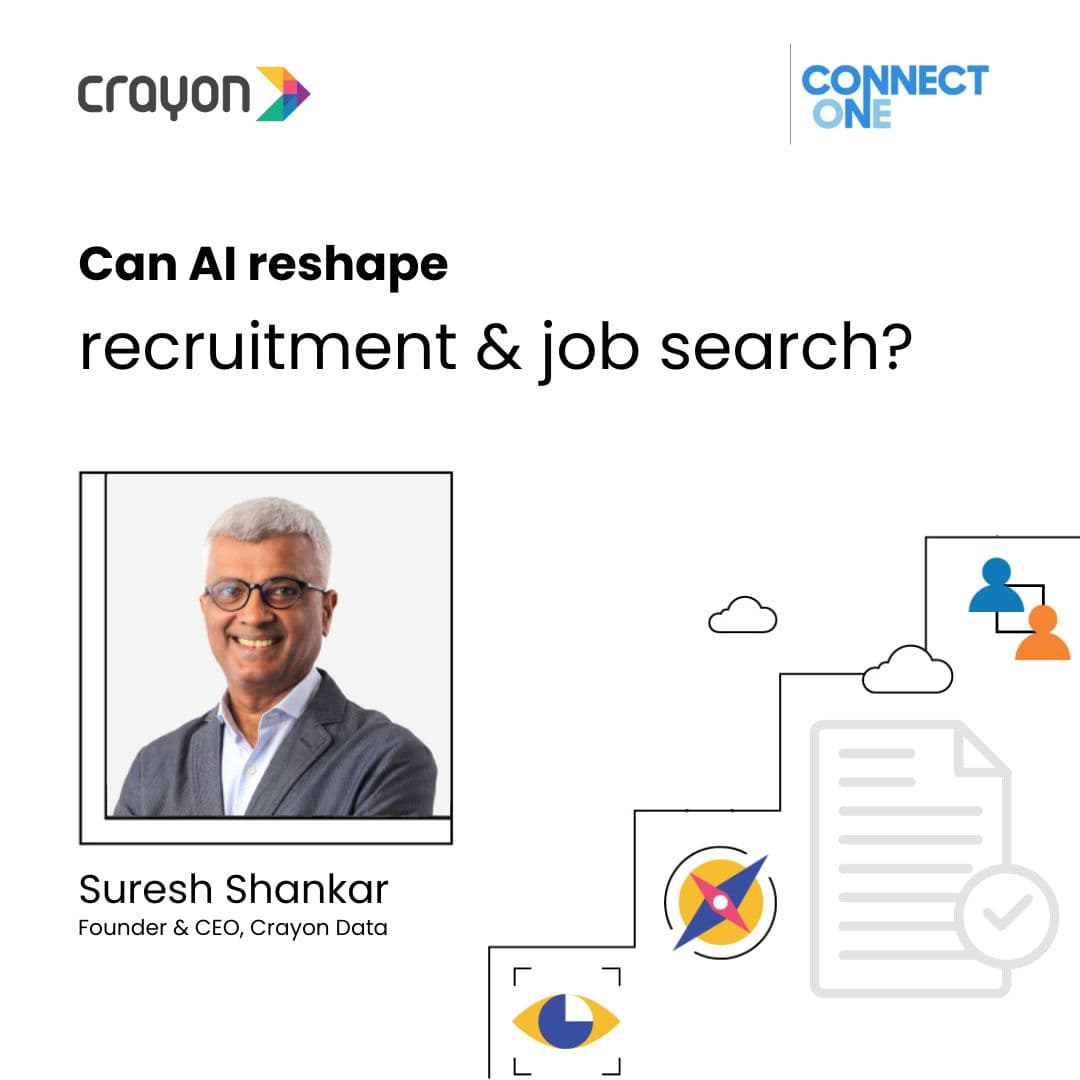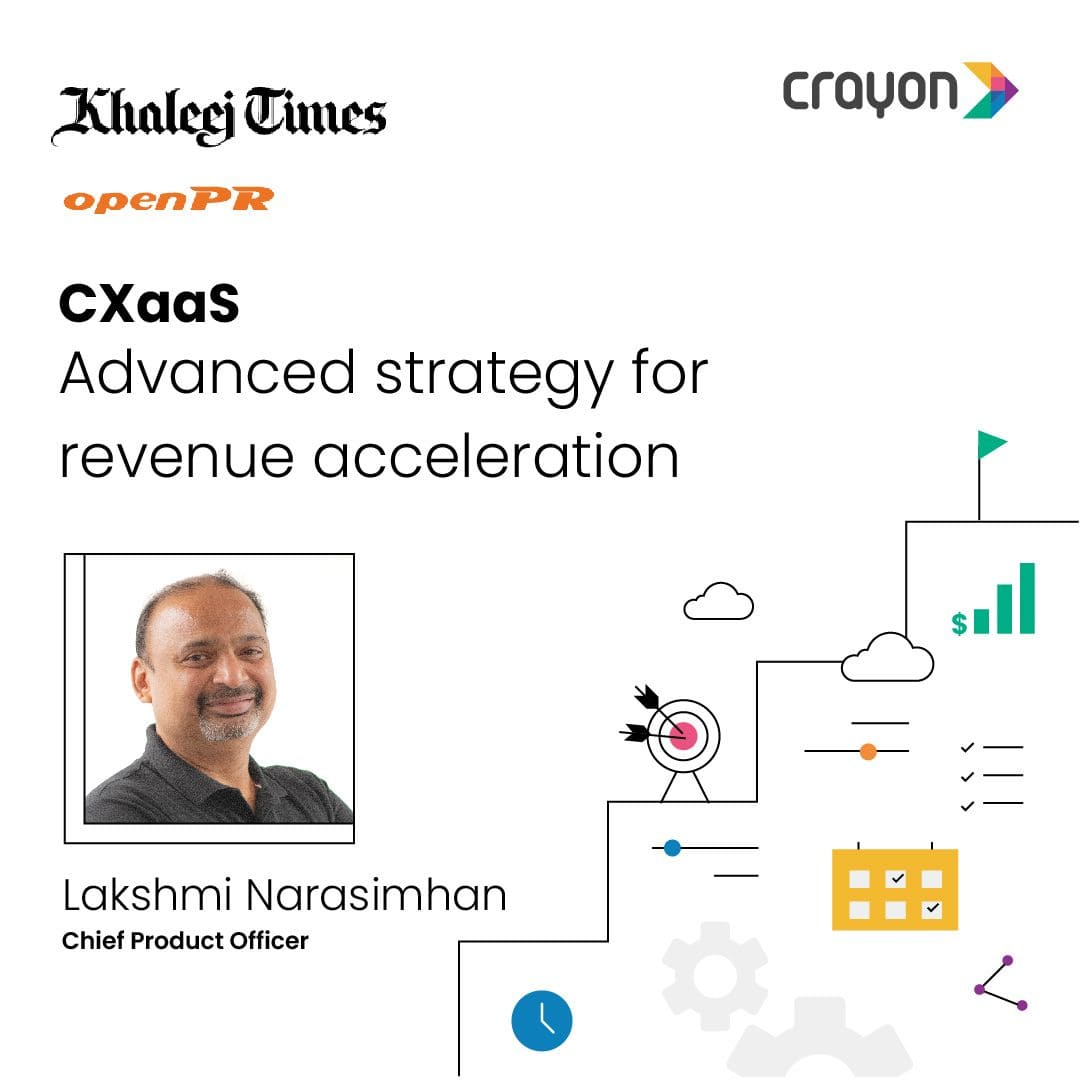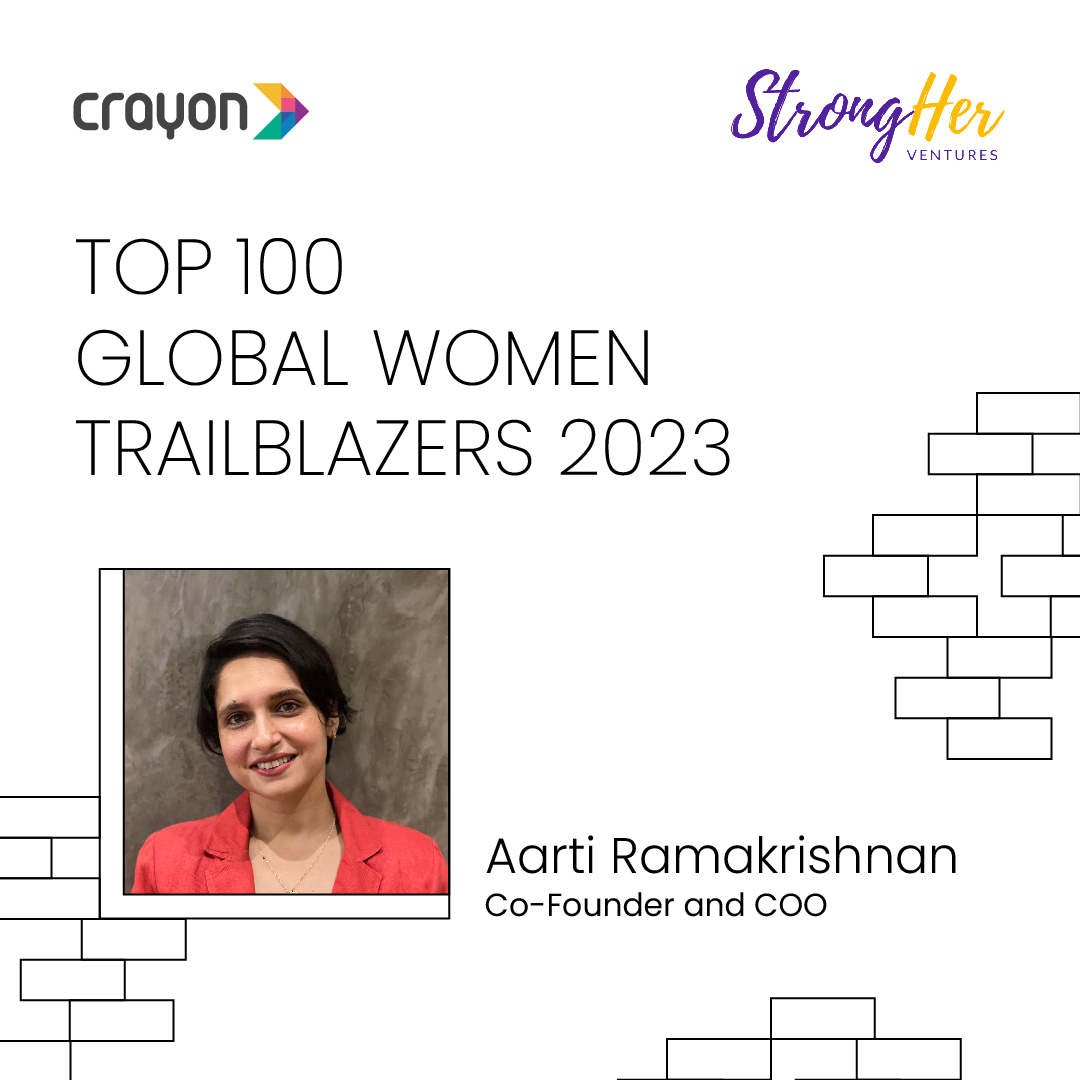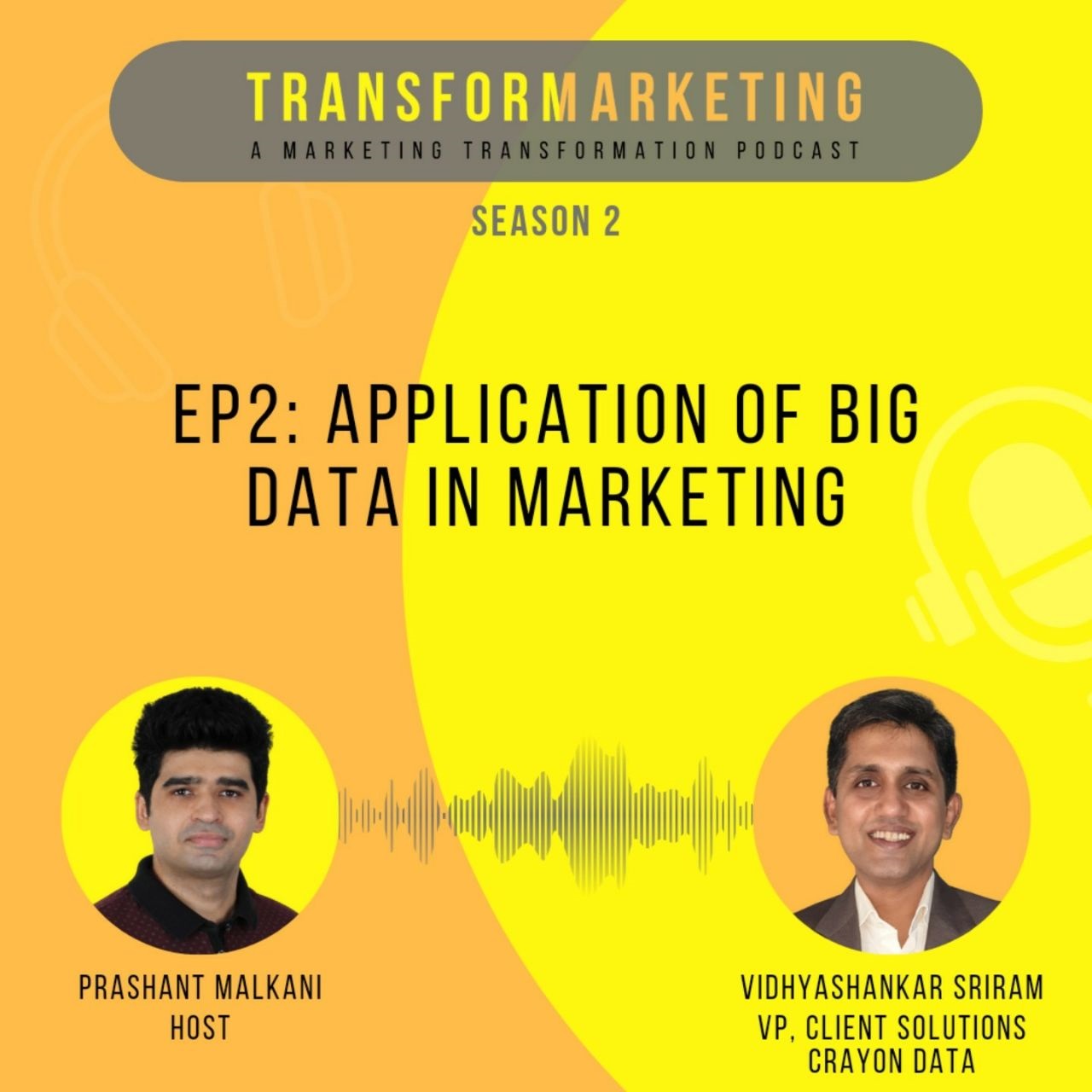oday, people are faced with too many choices and too less time to navigate information on the web. Often, this leads to a counter-intuitive situation where they are not confident about the choices they make. “So, we tried to identify various methods of organising information on user specific needs on the web, thus, making it simple for people to take quick decisions,” says Suresh Shankar, co-founder, Crayon Data. The big data analytics company procures and analyses data from within enterprises and from external sources, such as social networking sites and, delivers insights to its clients in a simple, visually appealing format.
Singapore-headquartered Crayon Data was founded by serial entrepreneurs, Shankar and his partner Srikant Sastri, in October 2012. The company currently has two products in its stable: Simpler Choices B2B and Simpler Choices B2C. With a team of 75 members and a development centre in India, the company caters to clients across hospitality, retail, finance and technology sectors, in Singapore, India and the U.K.
During inception, the founders and a few angel investors (friends and business associates) pooled in money to begin operations. In September 2013, the company raised its second round of angel funding, to the tune of SGD $ 1.75 million. In 2014, it plans to raise Series A funding. “We’ll be reaching an operating break-even in the first quarter of 2015. At that point of time, we’re planning to enhance our product visibility and expand into newer geographies, which requires upfront investments,” adds Shankar.
Building a product platform
Both Shankar and Sastri are serial entrepreneurs, who built businesses around the two key pillars of big data, advanced customer analytics and, marketing and new media, respectively. While these were built on a service platform, both were clear that Crayon Data will remain a product company. “We wanted to pursue a non-linear revenue growth and a product platform is easily scalable. It also keeps the business focussed on specific verticals,” states Sastri.
The products developed under the Crayon stable cater primarily to large enterprise that have data and want to leverage it better. “Ours is an enterprise focussed model, so when we say B2C, we mean our enterprise client is a B2C business,” adds Shankar. On the other hand, for enterprises that develop B2B products or services, Simpler Choices B2B eliminates cold calling significantly and, through extensive data analysis, identifies other enterprises which are looking for similar products and offers simplified insights to its client. “In a process called deep account intelligence, we map out opportunities within a set of accounts and target a particular customer within that enterprise, who has a need for that product or is likely to buy,” explains Sastri.
Being hands on
Instead of developing a product in a remote lab and testing it in their own environment, Crayon Data has developed a leap client model, where, in each vertical that it operates in, it approaches a client open to innovating in its business process, and deploys its product into the client’s environment. “We have a three month, paid experimentation period during which we customise the platform to the enterprise’s needs, demonstrate the value of our engine, and gradually enter into a fast contract based on an annual fee,” explains Shankar.
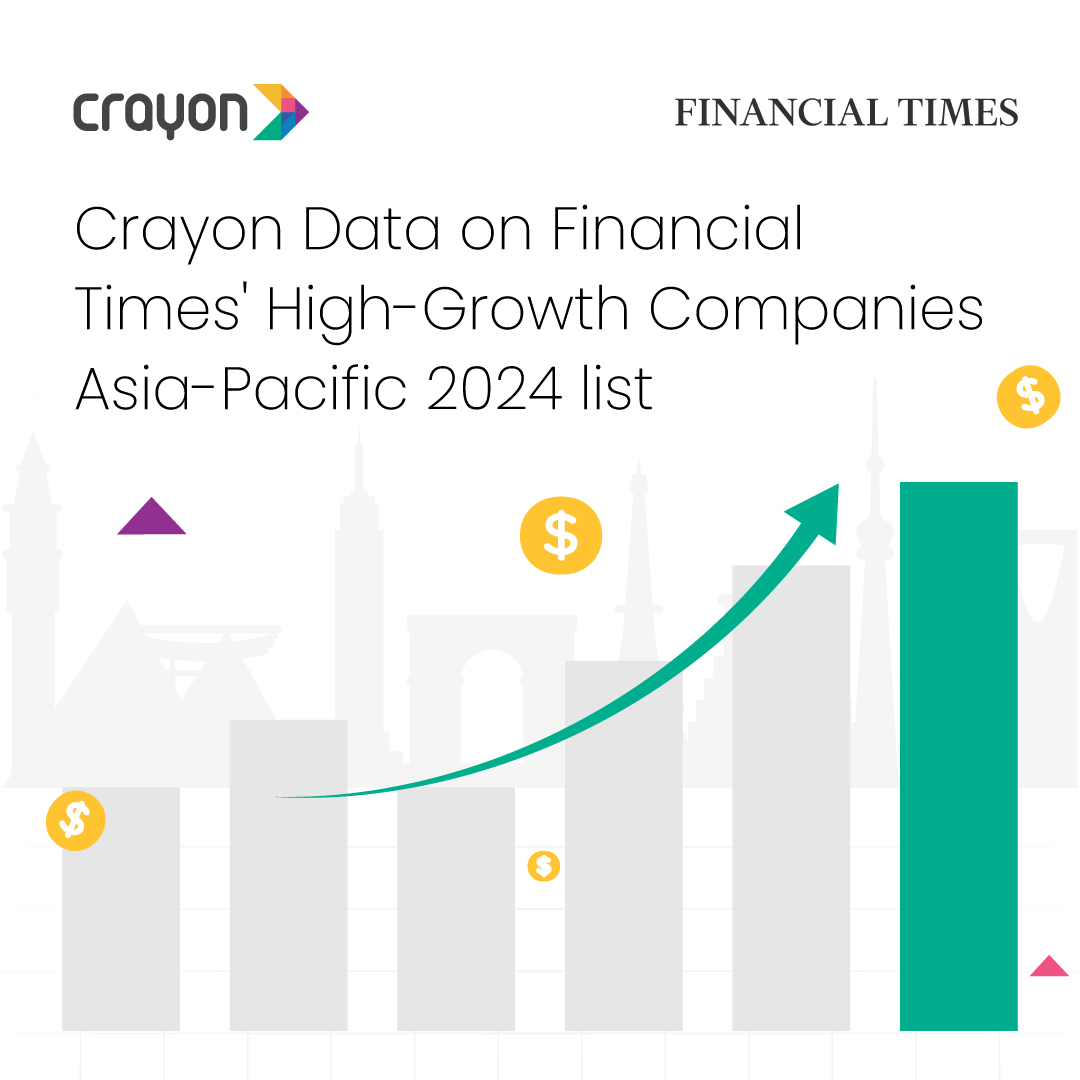
Crayon Data on Financial Times ‘ High-Growth Companies Asia-Pacific 2024 list
Date:...
